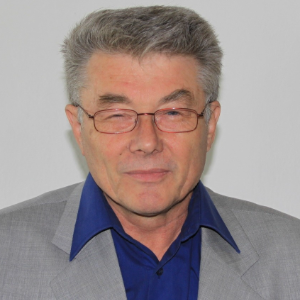Title : An evolutionary view of the coronavirus epidemic process
Abstract:
Every virus is a parasite that cannot exist on its own and is fully dependent on its carrier. This is the basic condition of its existence. The parasite must have its host, and thus is a living cell. Based on our long-term study of BLV and HIV, we conclude that the carriers of these viruses are bacteria or yeast. Viruses can exist in these carriers for months or years. Carriers do not mind at all that the virus multiplies and mutates in them. The mutant can arise in one individual, under optimal conditions it can reproduce in it and pass on to other individuals. However, it is possible that a new mutant may have originated in several placess. It is only a matter of time before how many mutations can occur in one virus. In the case of Omicron, it is probably a longer period of time, perhaps years, until so many mutations have taken place. It can be assumed that the creation of more than 30 mutations in the spike protein could not take place in 2-3 years from an epidemiological point of view. In reality, this can take place between 10 and 20 years. This corresponds to the period after the first SARS-1 infection in 2004. According to our idea that the virus can survive for months or years in its carriers - bacteria or yeast - then the omicron ancestor may date back to the first SARS-1 epidemic. Let's not stubbornly look for the first patient of SARS-2, let's try to look at the epidemic process from an evolutionary point of view. We monitored the presence of novel coronavirus in the intestinal tract of infected individuals. Rectal swabs were taken from persons who overcame the infection with a new coronavirus. The results show that the vast majority of patients who have overcome the infection, the virus is still present in the stool and their intestinal tract and can induce a de novo infection in a patient and infect others.
The novel coronavirus in its carrier may persist in the intestinal tract and infections may therefore recur. If the virus carrier is not detected and removed, the infections will keep recurring and we will not get rid of the virus. By identifying the carrier or carriers of the virus and their subsequent elimination, we also destroy the virus. Only then can we stop the epidemic.



